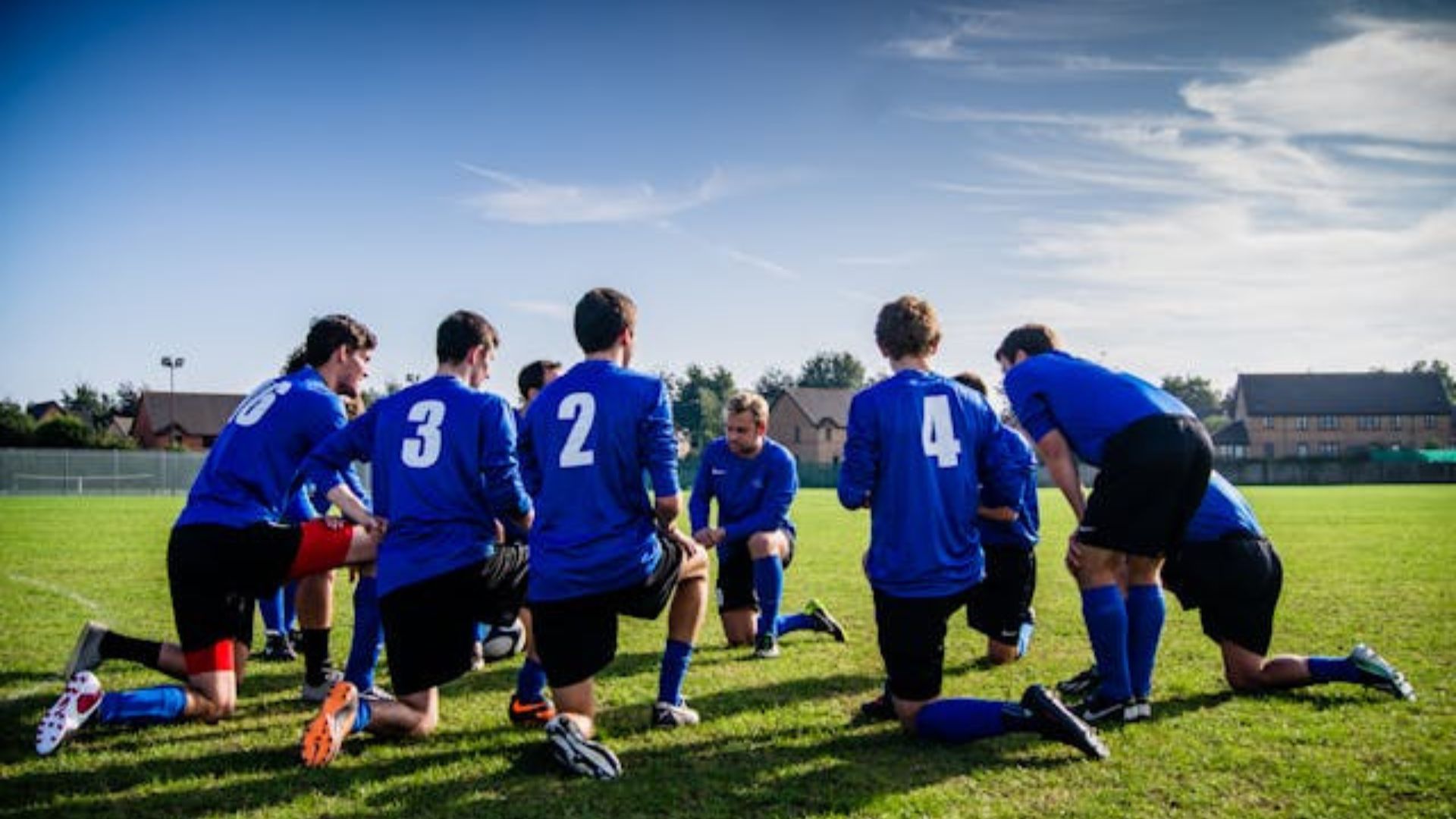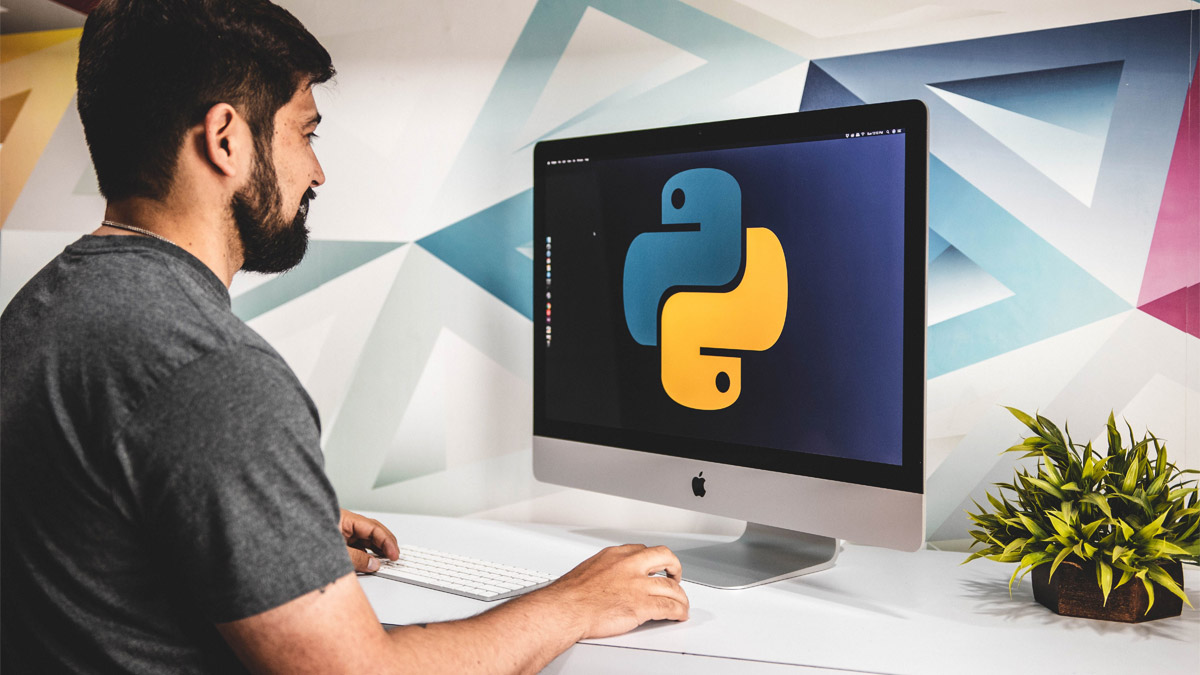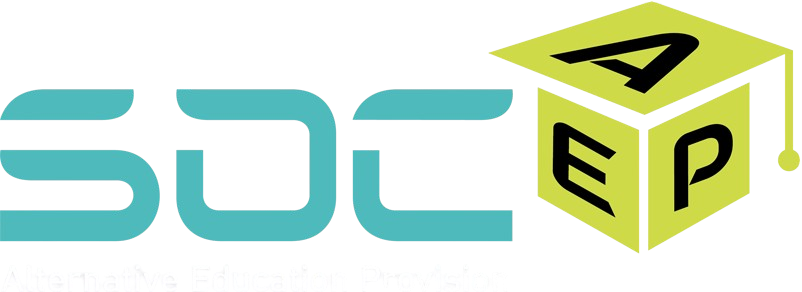Introduction
BTEC Sport is an ideal course if you’re passionate about sports and seeking a hands-on qualification that could lead to an exciting career in the sports industry. But what exactly is a BTEC Sport qualification, and how does it stand out from other academic paths? This guide covers everything from the curriculum to career opportunities, helping you decide if it aligns with your goals. Whether you’re aiming for a future in sports coaching, physical education, or sports management, this article provides the insights you need.
What is a BTEC Sport?
A BTEC Sport is a vocational qualification available in the United Kingdom that gives students both practical and academic knowledge of sports and fitness. Unlike typical academic courses, BTECs (Business and Technology Education Council) give a greater emphasis on practical skills and workplace expertise, making them excellent for students who prefer hands-on learning.
BTEC Sport covers everything from sports science and health to fitness training and performance analysis. The course combines classroom instruction with practical sessions, providing a well-rounded education in the field of sports.
Why Choose a BTEC Sport Course?
1. Hands-on Learning
- Practical Focus: Its emphasises hands-on practice in a variety of sporting situations. For example, you could be teaching people, analysing athletic performance, or learning about injury prevention through real-world settings.
- Workplace Skills: Its students frequently learn significant workplace skills like as communication, teamwork, and leadership, all of which are essential for a career in sports.
2. Diverse Career Opportunities
- Versatile Pathways: A BTEC in Sports can lead to professions in coaching, fitness training, sports management, physical education, and even sports psychology. This degree opens their opportunities in the increasing sports and fitness industries.
- University and Career Ready: Awards UCAS points, making it a viable alternative for university applications if higher education is your objective. Many universities recognise BTEC Sport for sports-related degrees, allowing your education to continue uninterrupted.
3. Alternative to Traditional Qualifications
- Coursework Over Exams: Unlike A-levels, which are frequently exam-based, BTEC Sport is mainly reliant on coursework, making it excellent for individuals who do not flourish in exam environments.
- Flexible Levels of Study: BTEC Sports provides many levels of study, ranging from BTEC Firsts (similar to GCSEs) to BTEC Nationals (equal to A-levels) and beyond. This makes the course accessible to students with a variety of academic backgrounds and objectives.
Also Read – What is Personal Well-Being?
Key Components of the BTEC Sport Curriculum
Core Areas of Study
Each level includes core modules that ensure students obtain a comprehensive understanding of the sports sector. Here are some common areas of study.
- Sports Coaching and Leadership: Discover how to lead and inspire others in a variety of sports environments.
- Anatomy and Physiology: Learn about the human body and the mechanics of physical movement.
- Fitness Training and Programming: Learn how to design efficient training programs for a variety of demands.
- Sports Psychology: This investigates the mental components of performance and how they affect athletes.
- Nutrition for Sports Performance: Learn about the significance of diet in athletic performance and how to advise others on nutrition.
Optional Modules
Depending on the level and institution, students may have the option of selecting specialised modules. Topics may cover:
- Sports injuries and rehabilitation.
- Sport and Leisure Facility Management
- Performance Analysis
These modules allow students to personalise their learning experience based on their hobbies or professional goals.
BTEC Sport Levels Explained
BTEC Sport qualifications are available at multiple levels, making them versatile and adaptable to students at various academic stages. Here is the breakdown of the levels:
- BTEC Firsts (Level 2) – Equivalent to GCSEs, this is an introduction level appropriate for students looking to learn the fundamentals of sports.
- BTEC Nationals (Level 3)- The most common level in BTEC Sport is BTEC Nationals (Level 3), which is equivalent to A-levels and prepares students for employment or university.
- BTEC Higher Nationals (Levels 4 and 5) – These levels, equivalent to the first and second years of a university degree, are intended for students who desire to expand their understanding of sports studies or management.
Each level equips students with more in-depth knowledge and practical skills, ensuring they’re prepared for the job or further education.
Career Benefits of a BTEC Sport Qualification
1. Strong demand in the sports and fitness industries
The sports and fitness industries are increasing globally, creating a greater demand for trained workers. A BTEC in Sport can lead to a fulfilling profession in a high-demand industry, such as coaching, fitness training, or management.
2. Networking Opportunities
Many programmes include work experiences and industry partnerships, giving students networking opportunities that could lead to future employment.
3. Develops transferable skills
The abilities acquired via BTEC Sports are adaptable and transferable. You’ll learn skills in leadership and communication that will be useful in a variety of fields.
Types of Artificial Intelligence in BTEC Sports
Surprisingly, artificial intelligence (AI) is rapidly being used in sports studies and fitness regimens. Here’s a look at how different types of artificial intelligence are applied in the sports industry:
Performance tracking: AI can analyse athlete motions and provide feedback to help them improve.
Predictive Analysis: AI assists coaches in making data-driven judgements by forecasting game results or athlete preparation.
Injury Prevention: Artificial intelligence can recognise patterns that predict probable injuries, allowing athletes to avoid long-term injury.
Integrating AI expertise studies prepares students for a future in which technology and sports are inextricably linked, increasing their employability in current sporting situations.
Conclusion
A BTEC Sport certificate is a fantastic choice if you enjoy sports and want to pursue a practical, career-oriented education. BTEC Sport caters to students who wish to turn their passion for sports into a vocation, with its diverse career routes and unique blend of academic and practical learning. BTEC Sport provides possibilities to gain skills in sports science, coaching, and even artificial intelligence applications, ensuring you’re well-prepared for an ever-changing sports business.
So, if you’re ready to dive into an energetic and engaging course that emphasises practical skills and real-world applications, consider pursuing a BTEC Sport certificate as your next step!
FAQs
Yes! Most British universities accept as a recognised certificate for sports-related degrees. However, examining the precise entry requirements for each university is critical, as some may have additional requirements.
Its graduates can pursue a variety of employment choices, including:
- Sports coaches: Guide and motivate individuals or teams.
- Fitness trainers: Work in gyms or fitness centres to assist clients in achieving their fitness goals.
- Sports Development Officer: Develop community-wide sports participation programs.
- Physical Education Teacher: Teach sports and physical education in schools (with further credentials).
Course Structure: BTECs emphasise practical skills and are assessed mostly through coursework, whereas A-levels rely on tests.
Its is suitable for students who prefer hands-on, applied learning over theoretical study.
Yes, many students study BTEC Sports in addition to other BTECs or A-levels, depending on the institution. This combo provides a broader educational experience.
The purpose of the BTEC Sport vocational certification is to provide students with both theoretical knowledge and hands-on experience in the fields of physical education, fitness, and sport. The course combines coursework, practical examinations, and projects rather than just written exams. Students study subjects like sports psychology, coaching methods, fitness training, anatomy and physiology, and the social effects of sports.
Designing training plans, running sports sessions, evaluating performance, and applying theory to actual sporting scenarios are all examples of the practical learning that takes place in a large portion of the course. For students who prefer active, applied learning over merely classroom-based work, this makes it particularly alluring.
Indeed, BTEC Sport enjoys widespread recognition and esteem among UK institutions, companies, and training providers. It is a strong qualification for those interested in careers in sport, health, and fitness because it develops both academic and practical skills.
The course is structured to build transferable skills such as teamwork, communication, leadership, problem-solving, and organisation. These are appreciated not only in sports, but also in a wide range of other businesses. Students who prefer coursework-based learning with practical application may find BTEC Sport to be a good alternative to traditional A-levels.
A BTEC Sport Level 3 certificate is equivalent to A-levels, depending on the extent of the course completed. For example:
- BTEC Level 3 Extended Certificate in Sport = 1 A-level.
- BTEC Level 3 Diploma in Sport = 2 A-levels.
- BTEC Level 3 Extended Diploma in Sport = 3 A-levels.
This means that students who complete the Extended Diploma could earn the equivalent of three A-levels, which is sufficient to apply for university courses.
Universities and colleges frequently accept BTEC Sport in addition to or instead of A-levels for degree admission, especially in sport-related topics.
BTEC Sport provides a wide range of opportunities. Academically, it provides a solid foundation for higher education, with many students going on to study sports science, coaching, physiotherapy, physical education teaching, and sports management at university.
In terms of jobs, it can lead straight to positions in the fitness and leisure industries, such as personal training, sports coaching, activity leadership, and sports therapy. Some students go on to pursue careers in education, physiotherapy, or even professional sports.
Importantly, the transferable abilities acquired—such as communication, leadership, and teamwork— mean that BTEC Sport graduates are well-prepared for occupations outside of sport, such as business, public service, and education.







